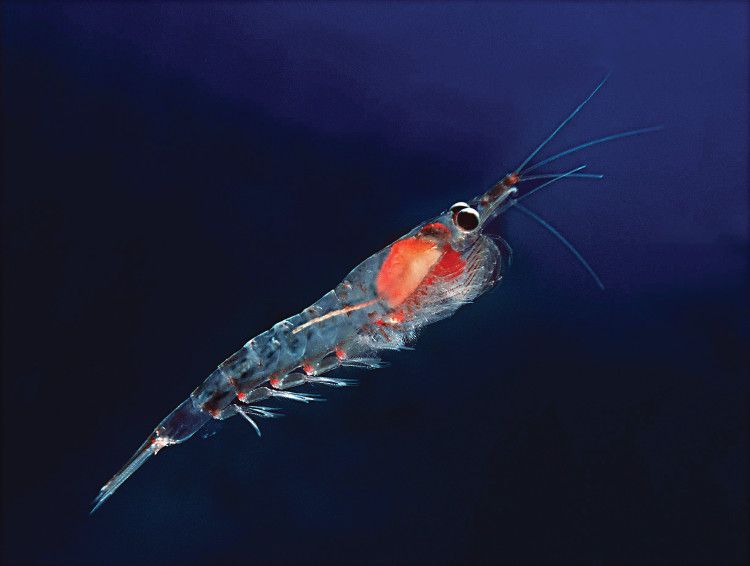Can krill oil assist in the treatment of lupus?
A new clinical trial is underway to examine the effects of krill oil on those suffering from lupus.
Photo © iStockphoto.com

A new clinical trial is underway to examine the effects of krill oil on those suffering from lupus, an incurable autoimmune disease in which the body’s immune system attacks its own tissue and organs. Symptoms include inflammation, swelling, severe fatigue, and skin rashes, and the disease has been known to cause damage to the joints, skin, kidneys, blood, heart, and lungs. Onset of the disease varies, as people can be diagnosed anywhere between the ages of 15 and 45, but 90% of people with lupus are female.
The clinical trial is the result of a partnership between the Lupus Research Alliance and Aker BioMarine (Oslo, Norway), a leading supplier of krill oil, as part of the alliance’s initiative to uncover new treatments for lupus, called the Lupus Research Alliance’s Lupus Drug Repositioning Program.
The trial includes 76 subjects diagnosed with lupus randomized to receive either four 1-g capsules of Aker’s krill oil (two capsules in the morning and two in the evening) or placebo daily for 24 weeks. An Open Label Extension allows all subjects to continue supplementation of krill oil for an additional 24 weeks. Patients will be maintained on stable doses of background medications, though they are encouraged to decrease doses of glucocorticoids during the first 20 weeks of both the initial randomized 24-week period and the Open Label Extension.
Low levels of omega-3 fatty acids are common among lupus patients, which is significant because of the chronic inflammation they experience and the role omega-3 fatty acids play in managing inflammation in the body. There is already some research demonstrating the potential for omega-3 supplementation to reduce lupus symptoms. One study conducted at the University of Ulster in Norther Ireland using omega-3s from fish oil showed that lupus symptoms in 27 subjects taking fish oil omega-3s significantly decreased as demonstrated by significantly reduced scores of their revised Systemic Lupus Activity Measure, compared to those who did not take fish oil.1 Aker BioMarine says it believes that the phospholipid-bound omega-3s in krill oil will provide superior absorption of omega-3s.
The company says that marine ingredients like krill omega-3s can serve as a vast resource for the medical community. “Our planet is 70% oceans, yet only half a percent of all the medicines in the world are coming from the oceans. It is obvious that many solutions to the big medical riddles must come from the oceans,” said Matts Johansen, CEO of Aker BioMarine, in a press release. “We are so excited that molecules from krill can potentially reduce the symptoms associated with lupus. We are immensely proud to be able to work with the Lupus Research Alliance on this ground-breaking trial. There has been only one new drug developed to treat lupus in 60 years, which is why we are going all in to dedicate our resources to try to provide a natural alternative for people with lupus.”
Results from the trial are expected by 2020.
References:
1. Duffy EM et al. “The clinical effect of dietary supplementation with omega-3 fish oils and/or copper in systemic lupus erythematosus.” Journal of Rheumatology, vol 31, no. 8 (2004): 1551-1556